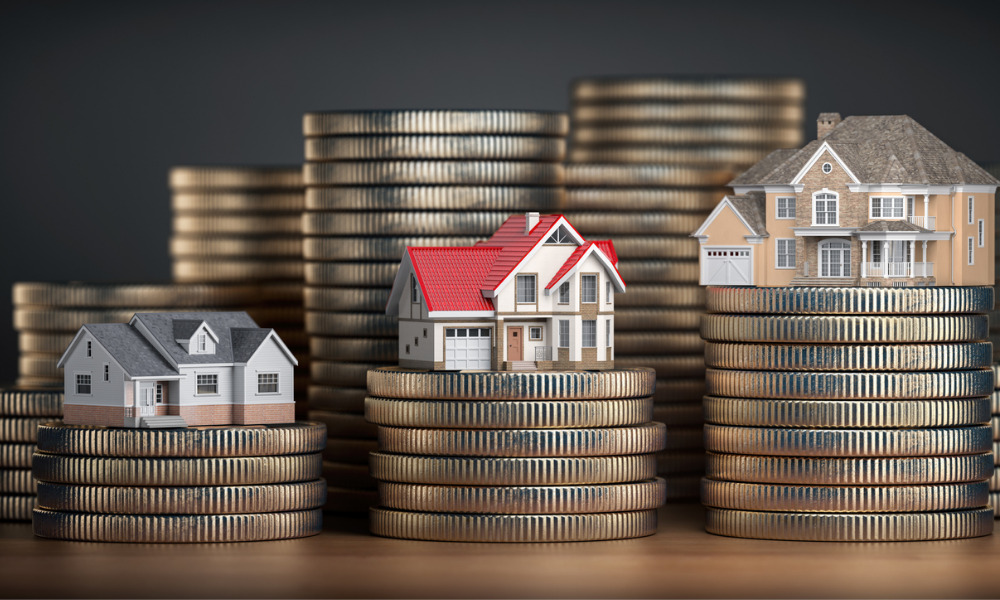Average climbs considerably in 2022…

Rising interest rates mean UK homebuyers have seen a £71.50 increase in the monthly cost of their mortgage so far this year, the latest market analysis by Revolution Brokers has revealed.
The research shows that, back in December 2021, the average house price paid by a mortgage-backed homebuyer was £282,038. After putting down the average UK deposit of 15% (£42,306), they were taking out mortgages to the tune of £239,732. With an average mortgage rate of 3.61%, this meant that the average homebuyer using a standard variable mortgage paid £1,214.35 per month.
In the months since, the Bank of England has increased the base rate by 1%, pushing the average mortgage rate up to 4.25%. As a result, monthly payments on the average variable rate mortgage have increased by £71.50 to £1,285.85.
Unsurprisingly, the biggest regional increase has been seen in London, where mortgage payments have increased by an average of £128.97 per month. On a local authority level, the worst hit areas of London are Kensington and Chelsea (£354.75), the City of Westminster (£258.44), and Camden (£226.57). Outside of London, the largest increase has been in Elmbridge, Surrey, where payments have spiked by £179.12, followed by Three Rivers (£149.78), St. Albans (£147.54), and Waverley, Surrey (£137.35).
Almas Uddin, founding director of Revolution Brokers, said that as the payment increases are significant, hundreds of thousands of households will have seen their disposable income squeezed even further.
“Variable rate mortgages always come with a modicum of risk as it’s difficult, sometimes impossible, to predict what economic ups and downs are on the horizon,” Uddin noted. “The coming months could be very difficult for the average homeowner, as interest rates look set to keep rising, putting even further pressure on our finances in the process.”
Though the current base rate is already at its highest level since the financial crash in 2009, the Bank of England is expected to push through the biggest rate increase in 27 years this week.



